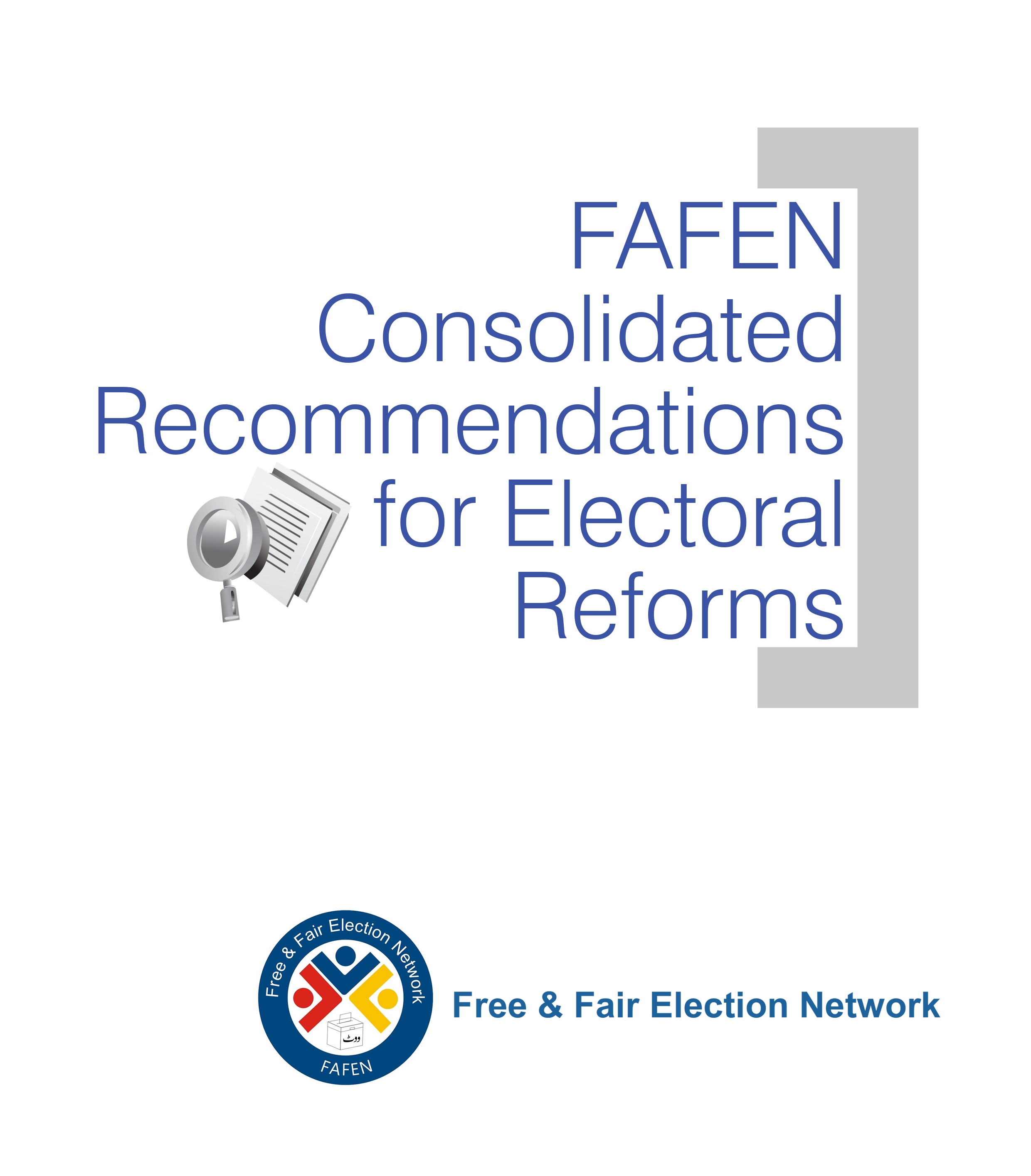A caretaker setup should be picked up according to the dictates of the constitution, says FAFEN. More in this report.
A politically partisan caretaker setup has the potential of impeding a free election that requires robust competition among candidates in which the electorate is well-informed about candidates’ differing platforms or viewpoints.
The Free and Fair Election Network (FAFEN) notes with concern the process and composition of the caretaker setup installed to oversee the executive function of the state until the general elections scheduled for January 2008.
Caretaker Setup & Neutrality of Elections
The neutrality of the caretaker government is vital to free and fair elections. The Constitution of the Islamic Republic of Pakistan [Article 224, Clause 7] also clearly specifies the fact that neither the caretaker prime minister nor the caretaker chief ministers shall be eligible to contest the immediately following elections.
A caretaker setup comprising personalities who are either politically affiliated or have a stake in the results of upcoming elections is contrary to the concept of neutrality. Caretaker governments are constituted in consultation with all stakeholders to create a greater legitimacy of elections and results.
Background of the Caretaker Prime Minister
However, the caretaker government installed after the expiry of the tenure of the National Assembly on November 15, 2007, comprises many names who have known affiliations with a political party. The caretaker prime minister himself was elected to the chairman of the Senate with the support of the then ruling party, which is now an election contender. He has yet to relinquish his post as Senate chairman.
In addition, there are some other affiliates of the same political party who have been inducted into the caretaker cabinet. Some of them continue to retain the elected offices, which they had won as the candidate of the then ruling party.
A politically partisan caretaker setup has the potential of impeding a free election that requires robust competition among candidates in which the electorate is well-informed about candidates’ differing platforms or viewpoints. A real political campaign can only be held in an environment with equitable access to open media, a “playing field” not dominated by the incumbent government, and security provided equally to all competitors by the state so that voters do not fear attending political events.
Caretaker Setup Sans Consultations
There has also not been any consultation with all political parties on the composition of the caretaker setup. FAFEN has already argued in favor of a government comprising neutral, non-political, and impeccable personalities that enjoy the confidence of all political parties as well as opposition parties for the interim period. It should be selected through a process of nomination by all stakeholders.
While elections under emergency run contrary to best election practices around the world, a caretaker setup comprising politically affiliated personalities put together without broad-based consultations with political parties will compromise the integrity of elections. It is in this view that FAFEN recommends:
- All political parties must immediately be consulted, either through a round table conference or through any other well-elaborated, transparent consultative process, organized to make adequate changes in the caretaker setup in case there is an emerging consensus regarding the neutrality of any member of the caretaker setup.
- All members of the caretaker setup must give a public and legal undertaking that they will not participate in any election or by-election for at least two years after relinquishing their responsibilities.
- All members of the caretaker government who are holding an elected office must relinquish it immediately.
- Caretaker setup shall also include women and minority members in a fair proportion.
About FAFEN: The Free and Fair Election Network (FAFEN) is a coalition of thirty leading Pakistani civil society organizations. It was established in 2006 to observe the election process, educate voters, and advocate for electoral and democratic reform.


